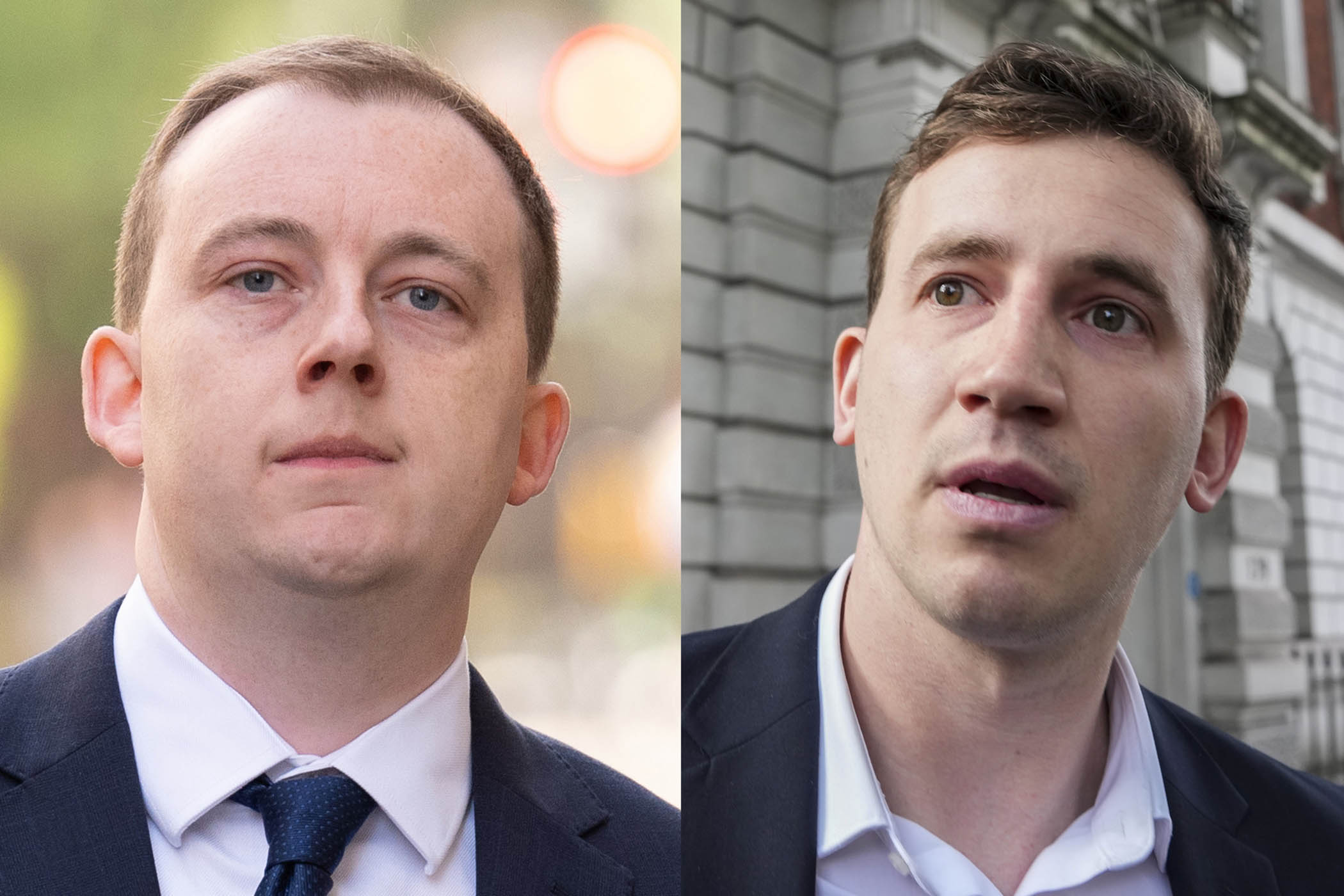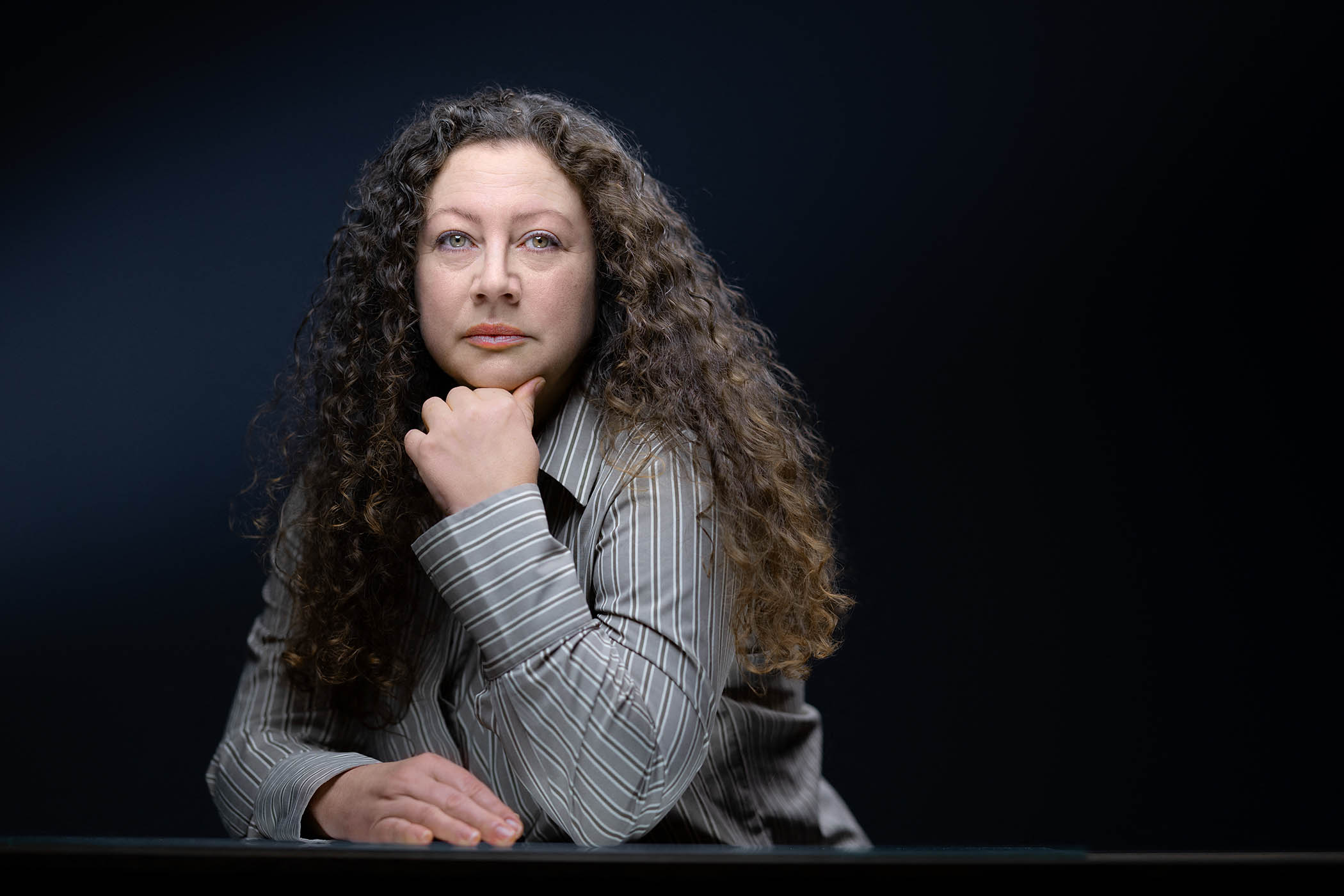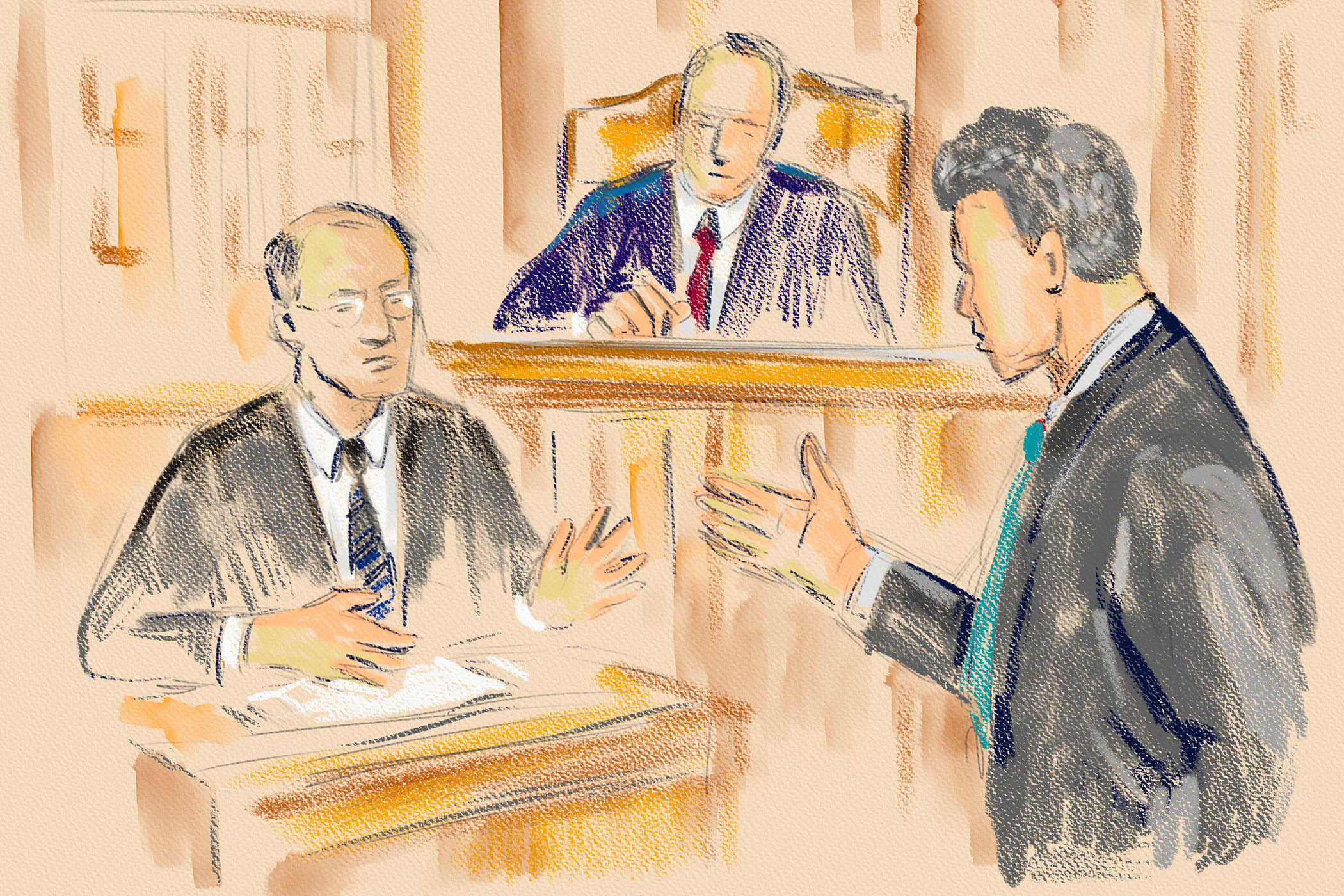The director of public prosecutions “lost his bottle” over the China spy case, despite originally bringing the charges, because he feared it would cause reputational damage to the Crown Prosecution Service, senior legal sources have claimed.
Stephen Parkinson, the most senior prosecutor in England and Wales, halted the case against Christopher Berry and Christopher Cash last month. Legal experts have said they are mystified at the reasons given for the decision.
Berry, a teacher, and Cash, a parliamentary researcher, were charged in April last year for breaching the Official Secrets Act by allegedly passing sensitive information to China from 2021 to 2023. Both Berry and Cash have denied wrongdoing.
In order to bring charges in 2024, Parkinson would have been satisfied there was a realistic prospect of conviction. He would have needed sufficient evidence at that point to prove China was an “enemy” under the meaning of the Official Secrets Act; that the information passed to China was “prejudicial” to UK security interests; and the information was “calculated” to be useful to an enemy.
But just weeks before the case was due to start it was abandoned, with the CPS saying it did not meet the threshold to go to trial.
Parkinson has since told MPs the case collapsed because the government would not provide an unequivocal statement that “China represented a threat to national security”. He claimed it had just fallen short of what was required.
However, senior lawyers have called into question his “incoherent” explanation, arguing there was sufficient evidence for the trial to proceed, even without an official statement on the threat from China. Ken Macdonald, one of the country’s leading criminal lawyers and a former DPP, said: “If a country like China is prepared to recruit a couple of British citizens as spies, including a parliamentary researcher, as was alleged, that alone is sufficient evidence from which a jury could conclude that China is a threat to UK national security, because it’s a threat to our national security to recruit British people to act as spies.”
Emily Thornberry, Labour MP and chair of the foreign affairs committee, who worked for 20 years as a human rights lawyer, said: “The CPS and DPP should have prosecuted the case. I don’t understand what their problem was. It is a ridiculous idea that a British jury couldn’t decide whether China was an enemy [under the Official Secrets Act]... They should have just grown a pair and got on with it.”
One senior legal source suggested that Parkinson’s lack of experience in complex espionage or terrorist cases may have wrongfooted him. “This was a DPP who wasn’t confident enough and lost his bottle,” one senior lawyer said.

Stephen Parkinson, the director of public prosecutions
Other sources claimed there was a concern among Parkinson and his colleagues about the reputational risk to the CPS if a judge dismissed the case.
Newsletters
Choose the newsletters you want to receive
View more
For information about how The Observer protects your data, read our Privacy Policy
A judge can dismiss a charge against a defendant if they do not think the prosecution has sufficiently set out their arguments for proceeding. In this case, there may have been a concern about this if the judge considered the prosecutors had not shown China was a risk to national security.
Some experts support the view that had it gone to trial, the case may well have failed for other reasons – not because China had not been declared an “enemy” by the government. Messages passed between Cash and Berry have been described by the Times as “inaccurate analyses, misguided predictions and Westminster gossip of a kind known to any competent parliamentary reporter”. Kerry Brown, an expert witness for the defence, has said “99%” of the material was publicly available.
But the case will now never reach court, meaning that evidence will never be heard and tested before a jury. It leaves Cash and Berry – and those who were allegedly spied on –in limbo.
While the heat remains on Parkinson, there is no sign of pressure letting up on the prime minister or other senior figures in Downing Street and the Foreign Office, amid ongoing claims of political interference in the case.
No 10 has denied any involvement and hoped to draw a line under the matter by releasing witness statements.
Matthew Collins, the deputy national security adviser, submitted three witness statements in the case, all of which use the word “threat”, and two of which say China is “the biggest state-based threat to the UK’s economic security”. In the third statement, submitted in August this year, he adds a note emphasising “that the government is committed to pursuing a positive economic relationship with China”.
Collins’s witness statement also suggests that Berry met Cai Qi, one of Xi JinPing’s closest advisers, which has thrown up fresh questions about whether pursuing the case may have damaged the UK’s engagement with Beijing, fuelling speculation that this was why it was dropped.
The CPS declined to comment. Downing Street has been contacted for comment.
Photographs by PA/Alamy




